Qawwali-Rock ‘Sufystical’: Flirting with fusion
For a bacha of the Dilli gharana is it too experimental to depart from a centuries-old tradition?
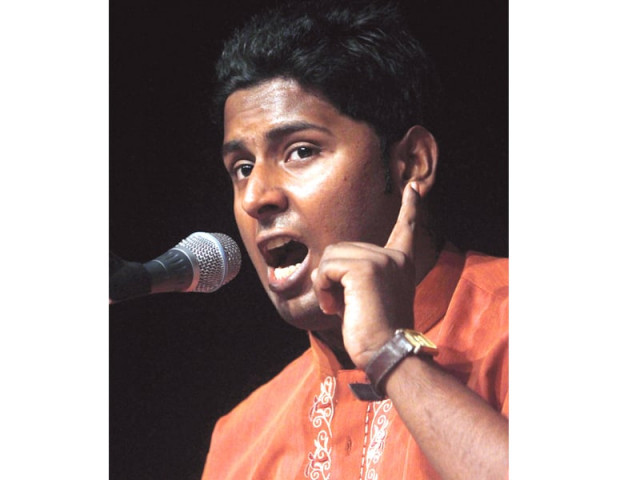
Three of our top picks on books and documentaries that bring you the mechanics, history and beauty of qawwali. PHOTO ATHAR HUSSAIN
Sufystical retains the spiritual content of Qawwali but with bass guitar, drums and keyboard added on, its Rock undertones are highlighted. Qawwali is so very rock-like — both genres are pegged to high notes and are sung loud.
The tricky part was merging the two styles that have originated far away from each other geographically, chronologically and philosophically. But in Ahsan Bari, Hamza Akram & Party had rock solid support. Bari was able to ensure the huge set of instruments complemented each other in numerous ensemble pieces but still maintained their individual presence.
For the smattering of head bangers in what was essentially an elderly audience at the Sufystical performance, it was Bari’s brilliant guitar solos and an experiment with Baloch rhythms that had everyone swaying. In particular, it was the polyrhythmic take on the popular Baloch folk tune Wash Mallay that garnered the most applause. It works particularly well with Qawwali because, according to Akhtar Chanal Zahri, the maestro behind Daanah pah Daanah all Baloch melodies are derived from the stroll of a camel and are thus based on a beat of six. Compare this to the Sindhi or Punjabi melodies which are based on the gallop of a horse or beat of four. A
Published in The Express Tribune, Sunday Magazine, May 12th, 2013.
Like Express Tribune Magazine on Facebook to stay informed and join the conversation.

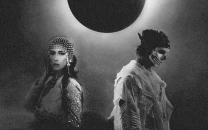
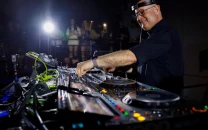


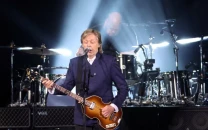
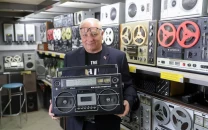












COMMENTS
Comments are moderated and generally will be posted if they are on-topic and not abusive.
For more information, please see our Comments FAQ